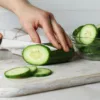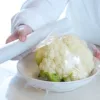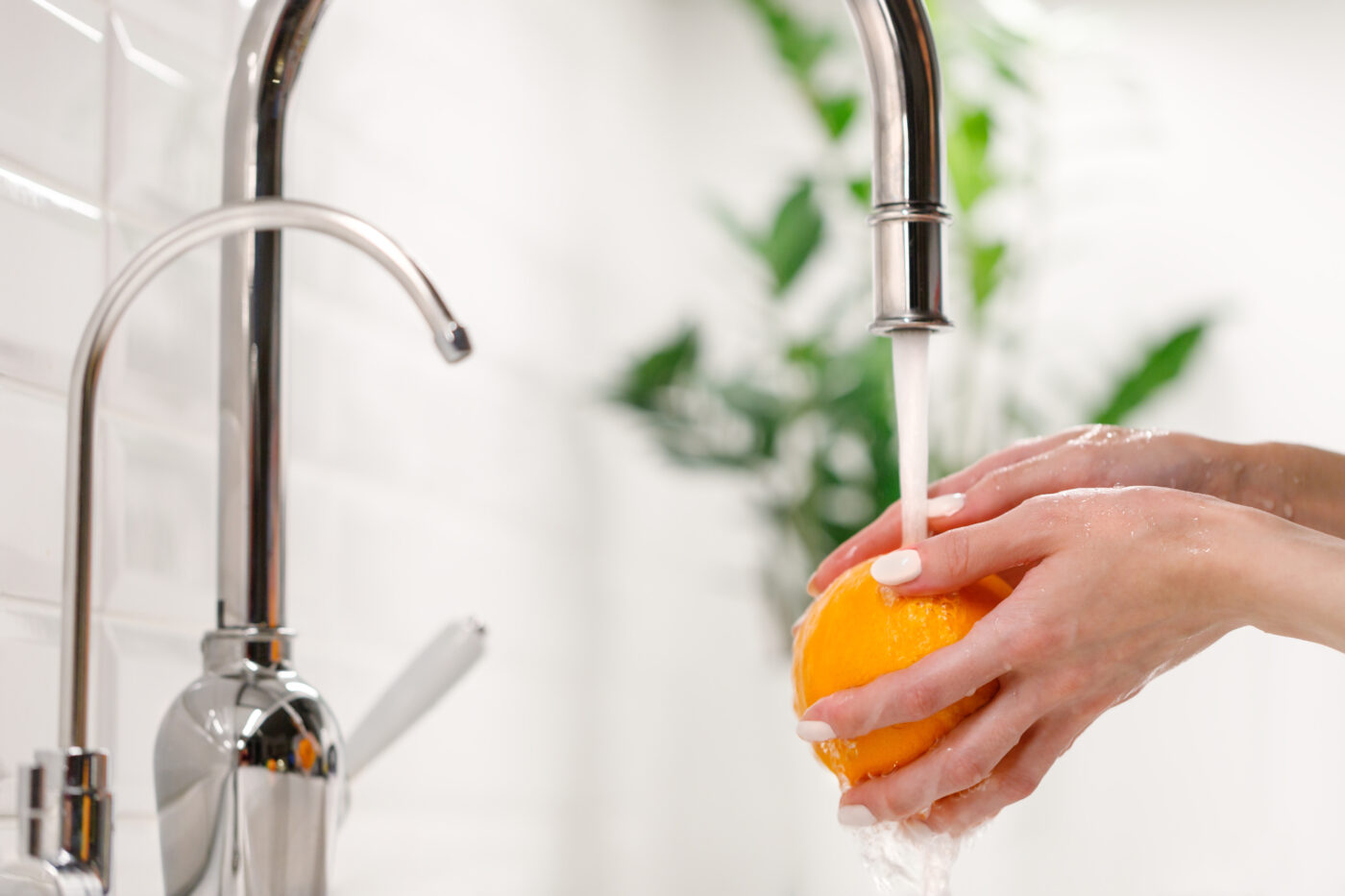The vast majority of fruits and vegetables bought in hypermarkets or on the market are repeatedly sprayed with chemical agents - this improves their appearance and protects them from attacks by insects, larvae and snails. Pesticides are mainly used to protect fruits, but also vegetables, herbs and grains.
These types of substances are most often harmful to humans, so it is important to thoroughly wash vegetables and fruits before consumption.
Do not forget to do this also with vegetables or fruits that you will peel later - bananas, apples, pineapples, mangoes or avocados.
You should be aware that during the peeling of the product, bacteria and chemicals enter the flesh of the fruit through the hands and even the knife used to remove the skin.
What and how to wash?
A quick rinse of vegetables and fruits under cold water can be enough to remove dirt from apples or cherries picked in the backyard orchard. However, such a procedure is not sufficient for products that have been purchased in a store.
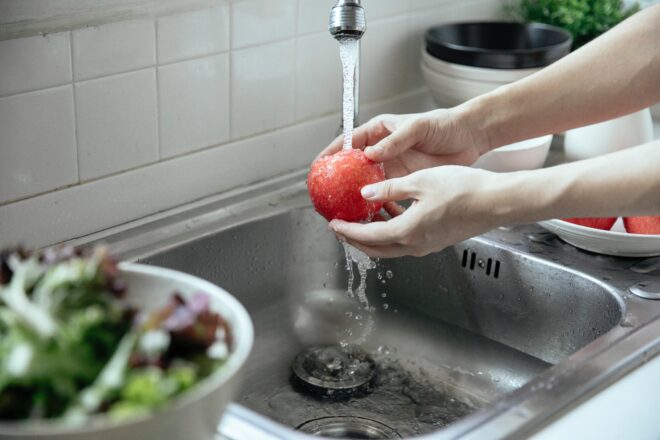
Use vinegar or baking soda. Mix five tablespoons of apple cider vinegar and a liter of warm water in a bowl. Clean the fruits and vegetables in it with a clean brush. To increase the effect, you can leave the products in the solution for 2-3 minutes and then rinse thoroughly under running water.
For fruits with a thick skin, such as lemons, oranges, avocados, pears or grapefruits, pour boiling water over them and wait for about 2 minutes. After that, clean them with a brush and rinse again under running water.
Do we also wash the prepackaged salad?
Packed salad often has a note on the packaging that the leaves are already washed and ready to eat. Although at first glance it may seem like a very convenient solution, thanks to which you will save time and water consumption, unfortunately, such products also have to be rinsed.
Lettuce, arugula or iceberg lettuce are exposed to the development of dangerous microorganisms and mold after only a few days in the foil. Their spread is further accelerated by the use of inadequate material by manufacturers. Many plastic bags or containers are an ideal environment for salmonella bacteria to grow
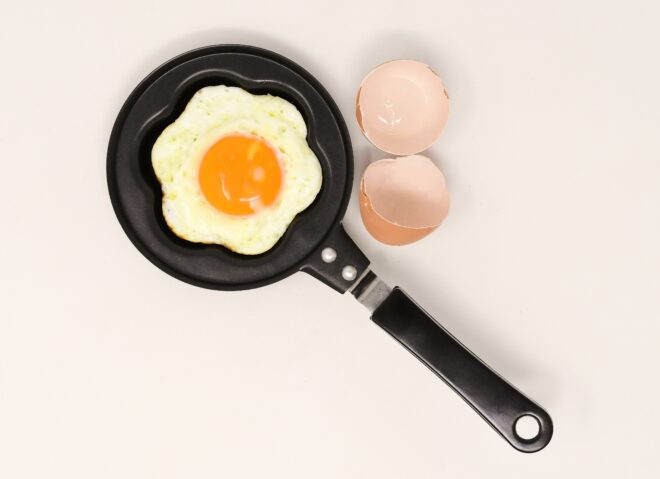
Should the egg be washed before cooking?
Both those bought in stores and those directly from the farm are often soiled with bird droppings, feathers and soil. You don't need to wash them beforehand if you don't plan to cook them.
To prepare an omelette, scrambled egg, hard-boiled egg or soft-boiled egg, it is best to immerse them in a bowl of warm water and clean their shell.
